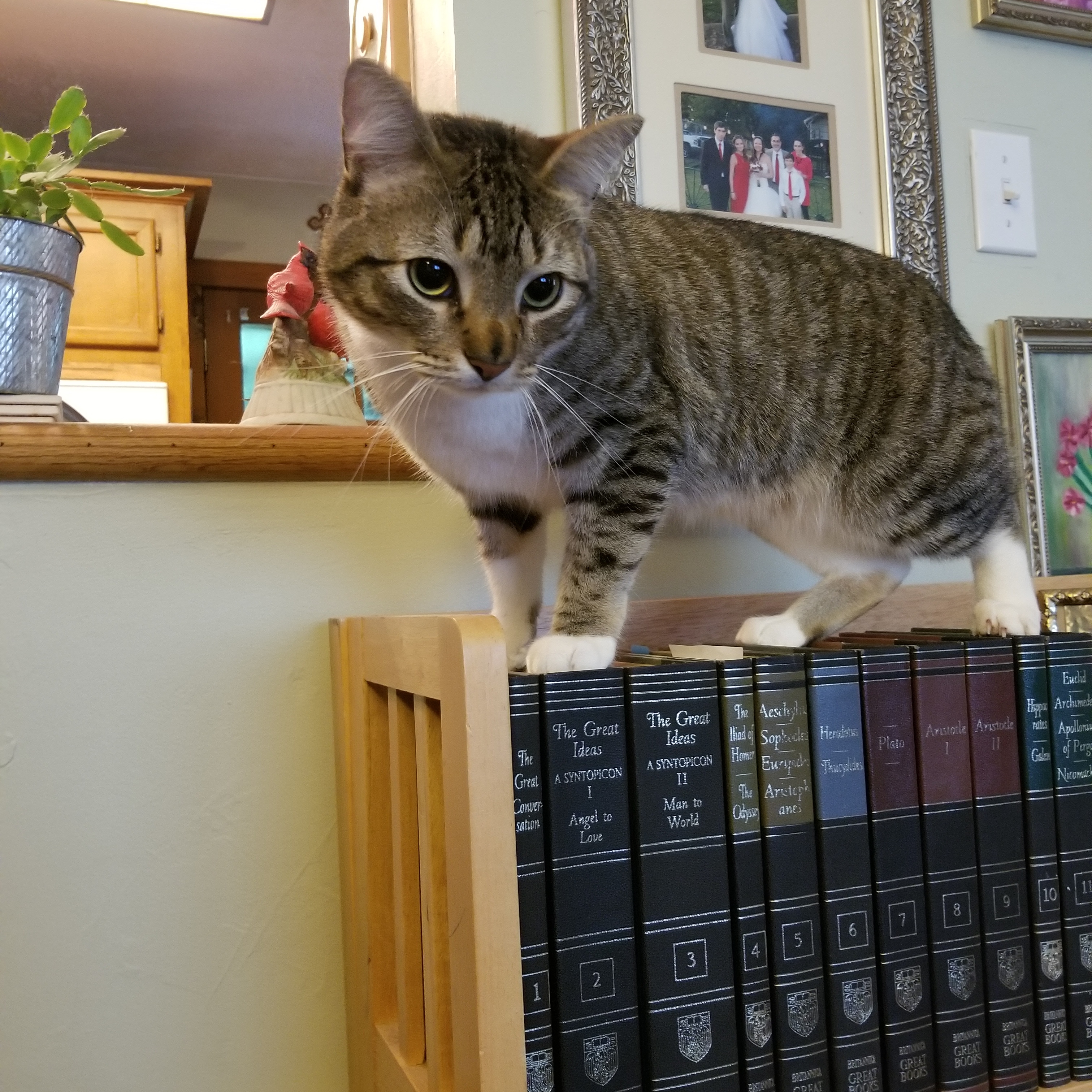Their Eyes and the Dark Night of the Soul
- Rachel Beck

- Mar 17, 2020
- 3 min read
Updated: Jun 2, 2023
“I think it pisses God off if you walk by the color purple in a field somewhere and don't notice it.”
--Shug, The Color Purple
I recently noticed that I have wild, purple flowers growing in my backyard-- I only noticed them because Alice Walker pointed them out to me while I was re-reading The Color Purple. Walker said she used the color purple for the title because the color purple is often found and unnoticed in nature. Reading The Color Purple, though sad, feels like running through a field of purple flowers. It reminds me how even our darkest hours can feel sublime. Walker’s characters shatter like a broken vase, but when she puts the piece back together, they shine with magnificent glory.
It seems natural, almost divine, that Alice Walker would be the one to resurrect the work of Zora Neale Hurston (Their Eyes Were Watching God) because it’s in Alice Walker’s nature to do this: she has the disposition of an Ascetic, but like Wordsworth, she is a worshipper of Nature.
Her finding Their Eyes Were Watching God was like the purple flowers-- an extraordinary work left unnoticed until one day, serendipitously, it made its way back to its proper place in the literary canon. This was only after Walker found Hurston in a footnote while searching for other black, female writers to emulate. Walker then found Hurston’s unmarked grave and gave her a proper tombstone, inscribed: “A Genius of the South” and below that, her rightful title “Novelist, Folklorist, Anthropologist.”
Both the works, Their Eyes and The Color Purple, look to God for answers and speak to the mystery beyond reason. In The Color Purple, Celie tells her story in the form of letters to God. Walker said that the book was theological, though she wonders why more scholars haven’t explored that aspect of the novel. I’m not sure about its theology, but it clearly questions the Dark Night of the Soul. Where is God when we suffer? Is God, like Nature, indifferent to our pain?
In Lord Tennyson’s In Memoriam, Tennyson address this epic question of God:
Are God and Nature then at strife,
That Nature lends such evil dreams?
So careful of the type she seems,
So careless of the single life;
Most do not recognize this poem and think they do not know of Tennyson, but most likely they do because this poem includes the line: "Tis better to have loved and lost than never to have loved at all." This line, as well the entire poem, was a tribute to his late friend, a man who died at the age twenty-two. The Dark Night of Soul wrestles with the question of faith pitted against reason:
A warmth within the breast would melt
The freezing reason's colder part,
And like a man in wrath the heart
Stood up and answer'd 'I have felt.'
“I have felt” is the Romantics response to the Age of Reason. Do our feelings and intuitions mean anything? Is thinking more credible than feeling? Do we have intellectual capacity to accept the mystery? After a long fight (723 stanzas!), Tennyson comes to this conclusion:
No, like a child in doubt and fear:
But that blind clamour made me wise;
Then was I as a child that cries,
But, crying knows his father near;
In Their Eyes, the dark night comes when the folks living out on the muck are in the grip of a hurricane. Hurston writes, “They seem to be staring at the dark, but their eyes were watching God.” Of course the signs of danger were there a few days earlier as they watched the animals escape for higher ground. But they reasoned their plan to stay, said Hurston.
In The Color Purple, God seems out of sight, especially for those who need him most. However, as the story unfolds, we find that God was there all along, working behind the scenes. And like the purple flowers, I think God is often unnoticed-- at least until we find ourselves on the brink of hopelessness, and then suddenly, our eyes are watching God.





Comments